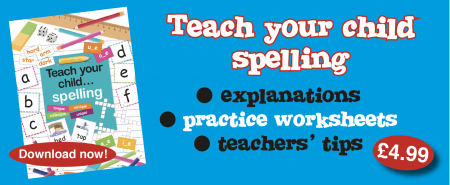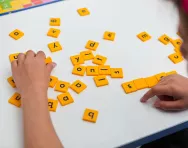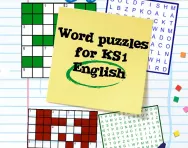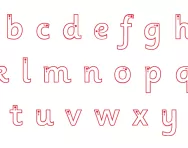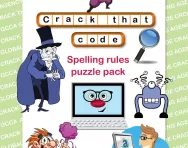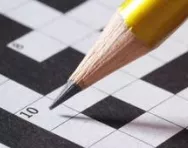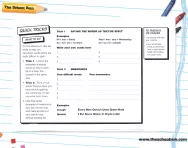TheSchoolRun.com closure date
As we informed you a few months ago, TheSchoolRun has had to make the difficult decision to close due to financial pressures and the company has now ceased trading. We had hoped to keep our content available through a partnership with another educational provider, but this provider has since withdrawn from the agreement.
As a result, we now have to permanently close TheSchoolRun.com. However, to give subscribers time to download any content they’d like to keep, we will keep the website open until 31st July 2025. After this date, the site will be taken down and there will be no further access to any resources. We strongly encourage you to download and save any resources you think you may want to use in the future.
In particular, we suggest downloading:
- Learning packs
- All the worksheets from the 11+ programme, if you are following this with your child
- Complete Learning Journey programmes (the packs below include all 40 worksheets for each programme)
You should already have received 16 primary school eBooks (worth £108.84) to download and keep. If you haven’t received these, please contact us at [email protected] before 31st July 2025, and we will send them to you.
We are very sorry that there is no way to continue offering access to resources and sincerely apologise for the inconvenience caused.
5 unusual ways to help with spelling
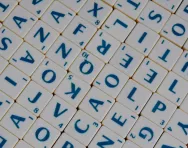
1. Spell with your fingers
Change the way your child memorises spelling words each week by signing them out! It’s a great way to visualise the words in a different way, and also learn British Sign Language.
Every year, the National Deaf Children’s Society encourages schools to run ‘Fingerspellathons’ to both raise money for the charity, as well as give students a chance to learn about childhood deafness. It’s also a great way to help children memorise difficult spellings, and feel proud at learning a new skill!
2. Play a game of cards
Help your child memorise words with the same starts, middles or ends by playing a spelling version of Happy Families. For instance, make groups of four cards with words that have ‘ai’, ‘oa’, ‘ea’ or ‘ei’ in the middle. Try making groups of cards with singular or plural versions of the same word (so, having all the singular versions will win the game, for instance), or that rhyme with each other. Play the game and collect the four cards that ‘match’ with the same sound or spelling rule.
Find more tips like this in Spelling Made Magic.
3. Adopt a word
Does your child have a favourite word? Help them own it! Children’s communications charity ICAN used to ‘sell’ words for £15 each, and although the scheme is no longer running you could still donate to them to support ICAN’s work with children who have difficulty communicating. Why not make word adoption an annual event in your family, with a new word to learn and use?
4. Get competitive
Turn spelling into a fun competition by organising a spelling bee. Popular in the US, where they’re actually televised, a contest will get your child interested in words they might never have heard before. It can also be thrilling to watch as a large group of contestants dwindle down to four, then three, then two, then the winner!
Compete in your own spelling bee online – could you hold your own against spelling bee champions?
5. Get hooked on word puzzles
Wordsearches and crossword puzzles not only improve thinking skills, but also help reinforce spelling rules. Solving a crossword involves getting word spellings correct as well as knowing the right answers to the clues. Wordsearches show correct spellings in the list of words to find, and then encourage children to know how to spell it letter by letter when looking for it in the puzzle. Make it into a challenge by setting your child a time limit on finishing their word puzzle, and offer rewards for beating previous records!
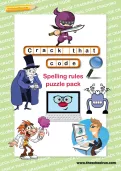
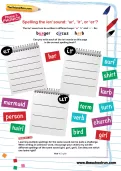
Claim FREE Spelling Resources Today
- Spelling workbooks
- Step-by-step programme
- Spelling test packs
- 100s of worksheets & games
